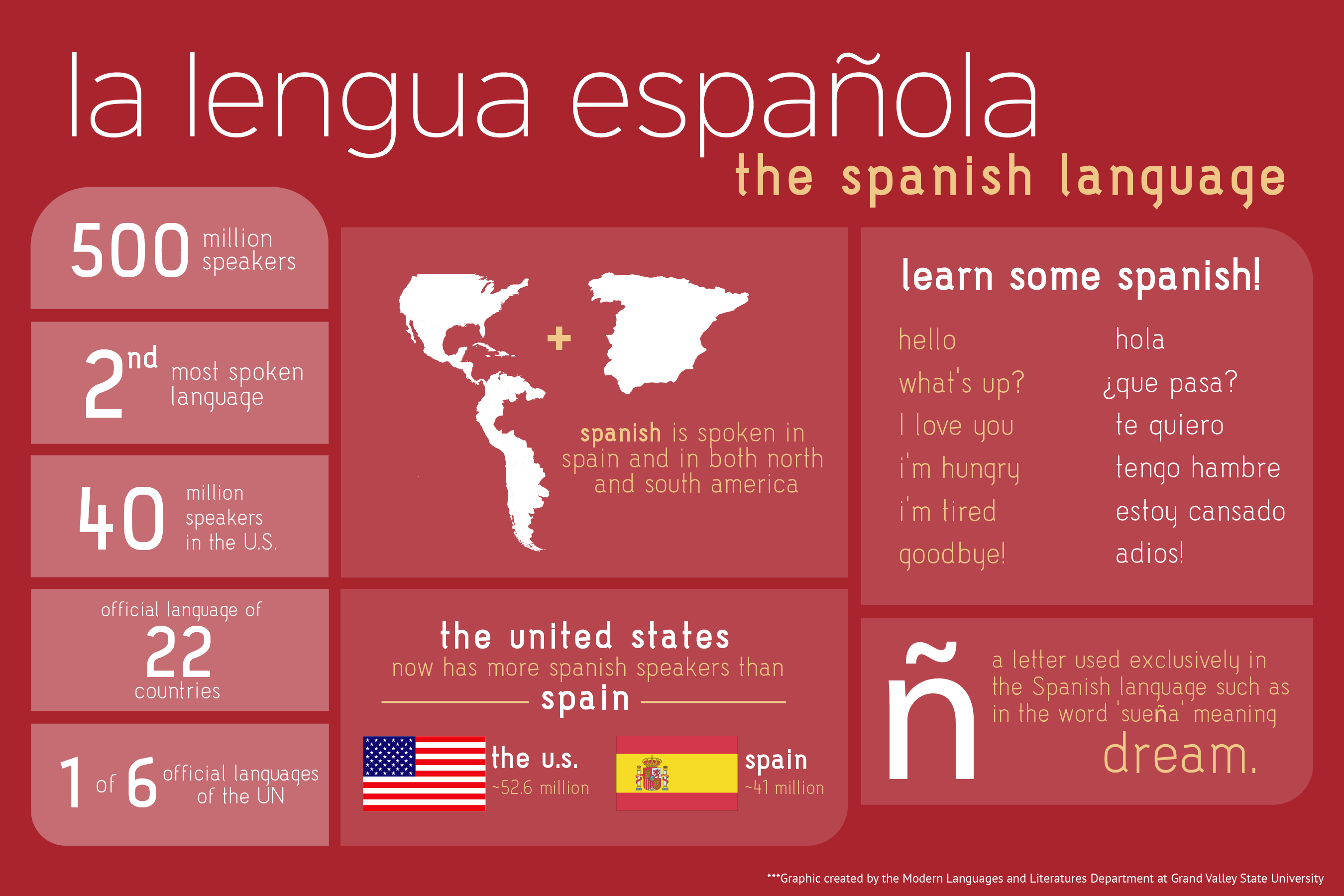Gentle in spanish language – Embark on a linguistic journey into the realm of “gentle” in Spanish, a term that captures a spectrum of meanings and cultural nuances. As we delve into its etymology, usage, and cultural significance, prepare to be captivated by the delicate beauty and profound implications of this word.
Unveiling the origins of “gentle” in Spanish, we trace its roots back to the Latin word “gentilis,” meaning “of a clan or family.” This familial connection hints at the warmth and kinship embedded within the concept of gentleness.
Meaning and Etymology

The Spanish word “gentle” is “gentil.” It means “kind,” “well-mannered,” or “considerate.” The word “gentil” comes from the Latin word “gentilis,” which means “of the same clan or family.” This word is related to the English word “gentle,” which also means “kind” or “well-mannered.”
Related Words and Phrases
There are many related words and phrases in Spanish that convey the concept of “gentle.” Some of these include:
- “amable” (kind)
- “cortés” (courteous)
- “educado” (well-mannered)
- “fino” (refined)
- “suave” (soft)
Usage in Phrases and Expressions

The word “gentle” in Spanish, “suave,” is commonly used in phrases and expressions to convey various nuances of gentleness, kindness, or mildness.
Phrases and Expressions with “Suave”
| Spanish Phrase | English Translation | Explanation |
|---|---|---|
| Suave como la seda | As soft as silk | Describes something exceptionally soft and delicate. |
| Un trato suave | Gentle treatment | Refers to handling or treating someone with care and tenderness. |
| Una voz suave | A soft voice | Indicates a voice that is pleasing to the ear, not loud or harsh. |
| Suave brisa | Gentle breeze | Describes a light and refreshing wind. |
| Un corazón suave | A gentle heart | Metaphorically refers to a compassionate and kind-hearted person. |
These phrases and expressions highlight the versatility of “suave” in Spanish, capturing different aspects of gentleness, from physical sensations to emotional qualities.
Cultural Connotations
In Spanish-speaking cultures, “gentle” carries a deep cultural significance, reflecting values of kindness, compassion, and respect. The concept of gentleness is highly valued and admired, permeating various aspects of life, from interpersonal interactions to artistic expressions.
The Spanish word for “gentle” is “suave,” which encompasses a range of meanings, including soft, delicate, and mild. Beyond its literal interpretation, “suave” also conveys a sense of tenderness, consideration, and refinement.
Expression in Literature, Art, and Music
In Spanish literature, “suave” is often used to describe characters who embody gentleness and kindness. For instance, in Miguel de Cervantes’s “Don Quixote,” the titular character is depicted as a gentle and idealistic knight, despite his eccentricities. Similarly, in Gabriel García Márquez’s “One Hundred Years of Solitude,” the character of Remedios the Beauty is described as having “a soft and gentle voice.”
In Spanish art, gentleness is often expressed through depictions of nature. Paintings and sculptures frequently showcase soft, flowing lines and delicate colors, evoking a sense of serenity and tranquility. The works of artists like Salvador Dalí and Joan Miró exemplify this gentle aesthetic.
In Spanish music, gentleness is conveyed through melodies that are soothing and harmonious. Flamenco music, for example, often incorporates gentle guitar melodies that create a sense of intimacy and emotion. The works of composers like Manuel de Falla and Isaac Albéniz also showcase the gentle and expressive nature of Spanish music.
Synonyms and Antonyms

In Spanish, the word “gentle” can be translated as “suave”, “tierno”, “amable”, or “delicado”. These words all share the connotation of being soft, kind, or gentle in nature.
Synonyms
- Suave:Soft, smooth, or gentle to the touch or in manner.
- Tierno:Tender, affectionate, or compassionate.
- Amable:Kind, friendly, or courteous.
- Delicado:Delicate, fragile, or refined.
Antonyms
- Áspero:Rough, harsh, or abrasive.
- Cruel:Cruel, harsh, or unkind.
- Grosero:Rude, impolite, or disrespectful.
- Violento:Violent, forceful, or aggressive.
Here are some examples of how these words are used in context:
- Suave:La brisa suave acarició su rostro. (The gentle breeze caressed his face.)
- Tierno:El niño tierno abrazó a su madre. (The affectionate child hugged his mother.)
- Amable:El amable vecino siempre saludaba a todos. (The friendly neighbor always greeted everyone.)
- Delicado:La delicada flor se marchitó en el calor. (The delicate flower wilted in the heat.)
- Áspero:La áspera lija raspó su piel. (The rough sandpaper scraped his skin.)
- Cruel:El cruel matón intimidó al niño más pequeño. (The cruel bully intimidated the smaller child.)
- Grosero:El grosero conductor le gritó al otro conductor. (The rude driver yelled at the other driver.)
- Violento:El violento huracán destruyó la ciudad. (The violent hurricane destroyed the city.)
Translation Considerations
Translating the word “gentle” between Spanish and English poses unique challenges due to the nuances and cultural contexts associated with the term. The context and cultural implications significantly influence the appropriate translation, as the word can convey different meanings in different situations.
In general, “gentle” in Spanish often carries connotations of kindness, tenderness, and care, while in English, it can also imply a sense of weakness or submissiveness. This difference in connotation can lead to misunderstandings or mistranslations if not carefully considered.
Examples of Successful and Unsuccessful Translations, Gentle in spanish language
- Successful Translation:In a romantic context, translating “gentle touch” from Spanish to English as “tender touch” effectively conveys the affectionate and caring nature of the gesture.
- Unsuccessful Translation:In a professional setting, translating “gentle reminder” from Spanish to English as “weak reminder” could undermine the intended message, as it may imply a lack of assertiveness or authority.
Concluding Remarks
Our exploration of “gentle” in Spanish has illuminated its multifaceted nature, revealing its cultural significance, linguistic diversity, and profound impact on human expression. Whether through heartfelt phrases, literary masterpieces, or artistic interpretations, the gentle touch of this word continues to resonate, enriching our understanding of the human experience.
Popular Questions: Gentle In Spanish Language
What is the Spanish word for “gentle”?
The Spanish word for “gentle” is “gentil.”
How do you say “gentleman” in Spanish?
The Spanish word for “gentleman” is “caballero.”
What is the difference between “suave” and “gentil” in Spanish?
“Suave” means “soft” or “smooth,” while “gentil” means “gentle” or “kind.” “Suave” is typically used to describe physical qualities, while “gentil” is used to describe personal qualities.